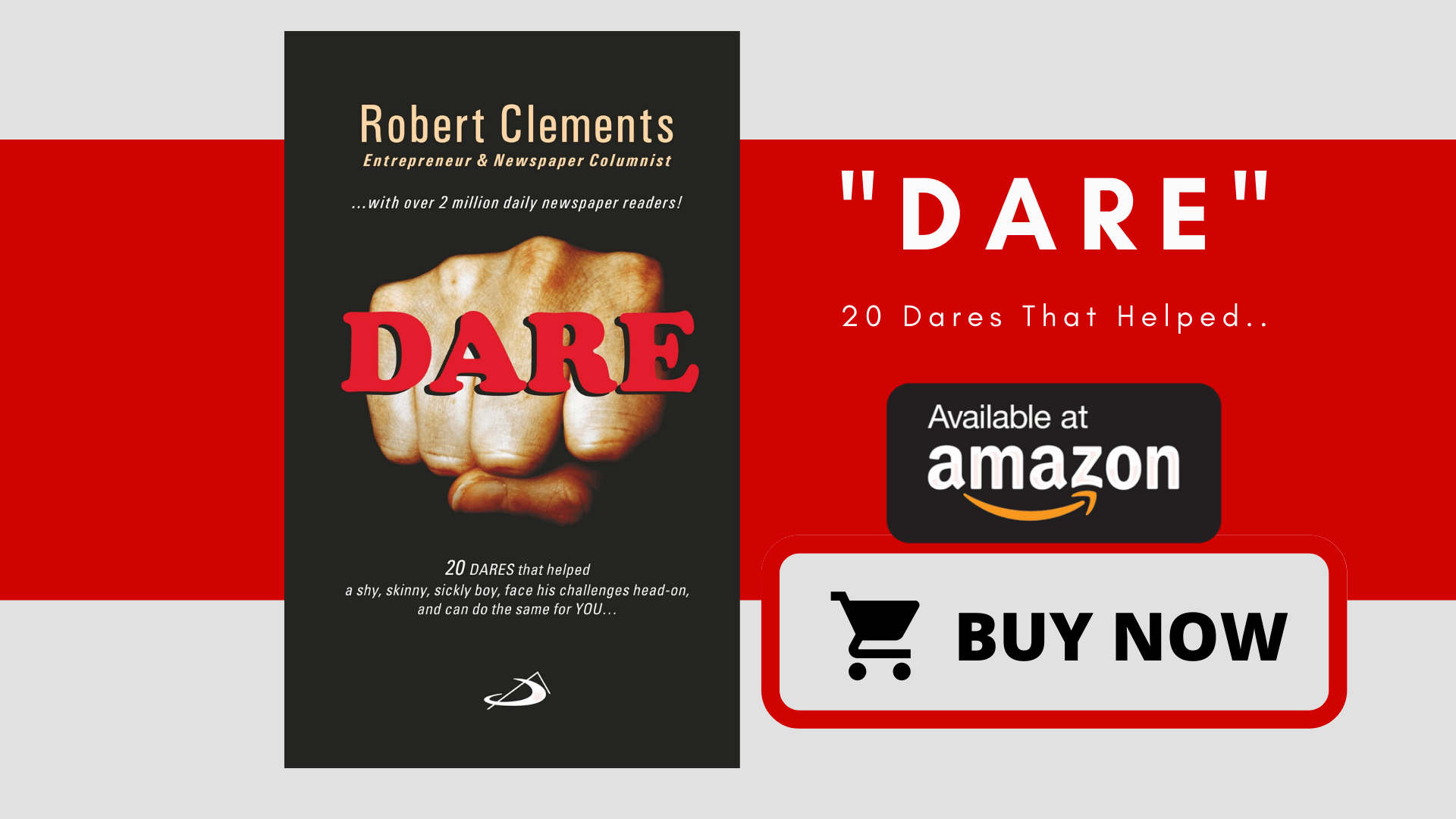The headline that day screamed across the newspaper and smacked me harder than any police lathi ever could: “Inspector Tukaram Kurundkar had been awarded the President’s Medal.”
A fine achievement, you’d say—until you read the fine print. The man was under suspension. For murder. Not of a stranger in an armed encounter, not of a terrorist, but allegedly of a police woman he was romantically involved with. And yet, there he had been, polished medal pinned proudly on chest, in a photograph that had looked like a scene from a state-sponsored soap opera titled “Duty, Honour… and Suspicion.”
And today I read, he’d been convicted of the gruesome crime!
But the real rot, dear reader, runs deeper.
There was a time—believe it or not—when khadi and khaki stood for two noble ideals. Khadi symbolised the struggle for independence, simplicity, and service to the people. The politician who wore it was meant to be a public servant, one among us, chosen to lead. The khaki, on the other hand, was the uniform of the enforcer—an emblem of law and order, of duty and discipline.
Today? Those lines have blurred into an indistinguishable haze of collusion. The khadi has climbed into the SUV, and the khaki has climbed into bed with power.
Have you noticed how the modern politician travels now? Not in open jeeps or humble Ambassadors like the leaders of old, but in convoys of blacked-out SUVs, flanked by sirens, surrounded by security, and preceded by the smell of arrogance. You could be forgiven for mistaking them for film stars or crime bosses. Sometimes, it’s hard to tell the difference.
And the khaki? Once the upright, no-nonsense arm of justice, it now operates like an extension of the politician’s will. When the neta wants dissent crushed, the police are sent. When a protest turns inconvenient, lathis swing into action. When a file needs to be lost or a rival needs to be “investigated,” the khaki comes marching in—not to uphold the law, but to massage the ego of the one in khadi.
Walk into a police station and try lodging a complaint. Go ahead—I dare you. Unless you have a politician on speed dial or a visiting card with the right name, prepare to be greeted with hostility, sarcasm, and condescension.
Watch how your request is tossed aside like yesterday’s newspaper, while the man who walks in after you—with a quiet phone call to a local MLA—is ushered in like royalty.
We’ve created two classes of citizens: those who can command the police, and those who are commanded by them. Guess which one you belong to?
Behind my house are the police quarters. I see them often, returning home after long shifts. I want to believe they’re tired from honest work, from protecting the city. And maybe some of them are. But come wedding season, the transformation is swift. Loudspeakers blast into the night, rules be damned. Music shakes windows, dogs howl in protest, and the law-abiding residents nearby toss in their beds. Try asking for the volume to be lowered, and you’ll get a look that says: “You want to file a complaint against us?”
You see, the khaki no longer fears consequence. Because the khadi protects it. It’s a neat little arrangement. The politician needs muscle power during elections, and the police want protection from the consequences of their excesses. It’s symbiotic—like a parasite and its host, except it’s impossible to tell who’s feeding off whom anymore.
And now, we’re giving more powers to the police. New laws, broader discretion, less judicial oversight. We’re handing them bigger batons, faster guns, and tighter shields, without once asking if they’ve earned our trust. Have we forgotten that power without accountability breeds impunity? That every time we cheer an “encounter” death, we might be cheering for a man who skipped trial and jumped straight to execution?
The result? A growing list of custodial deaths. Men and women who never saw the inside of a courtroom. People who disappear in the night, only to return in coffins—or worse, never return at all. And every time it happens, a press release is issued: “Suspect tried to escape.” “Self-defense.” “Injured while resisting arrest.” The script is always the same. Only the names change. Sometimes, not even that.
This is no longer just about one inspector with a medal. It’s about a culture—of complicity, of silence, of broken systems and broken spirits. It’s about a democracy slowly corroding under the weight of unchecked power. It’s about the merger of khadi and khaki into a single, frightening force that no longer listens, no longer serves, and no longer cares.
And we, the people? We’ve become silent spectators. Some of us cheer from the sidelines, mistaking brute force for strength. Others turn away, unwilling to risk discomfort. But let me remind you—tyranny doesn’t always march in with boots and flags. Sometimes, it creeps in behind closed doors, through everyday headlines, and medals awarded to the wrong men.
One day, it could be you in front of that police desk, begging for justice. And you who will experience that the desk isn’t staffed by an impartial officer anymore—but by a political pawn. You’ll scream about your rights, and sadly the only reply you’ll get is a chuckle or guffaw!
Speak up now. Not because it’s easy. But because today, silence is no longer an option. Can’t you see the khadi and the khaki shaking hands—not to collectively serve you, but silence you.
And the sound you’ll hear after that—faint but unmistakable—will be the clink of another undeserved medal being pinned… while the Constitution quietly weeps…! ————————————————–
Would love to hear from you in the COMMENTS section below…and IF YOU WANT TO RECEIVE BOB’S BANTER EVERYDAY, PLEASE SEND YOUR NAME AND WHATSAPP PHONE NO TO [email protected]
————————————————–










 Robert Clements is a newspaper columnist and writes a daily column, which has graced the pages of over 60 newspapers and magazines, from a daily column in the Khaleej Times, Dubai, the Morning Star, London, and in nearly every state in India, from The Statesman in Kolkata, to the Kashmir Times in Kashmir to the Trinity Mirror in Chennai.
Robert Clements is a newspaper columnist and writes a daily column, which has graced the pages of over 60 newspapers and magazines, from a daily column in the Khaleej Times, Dubai, the Morning Star, London, and in nearly every state in India, from The Statesman in Kolkata, to the Kashmir Times in Kashmir to the Trinity Mirror in Chennai.
Again sir we the are responsible for all this.If we behave properly no need of police.
Bob, you nailed it to the dot. That’s why I pray I don’t fall into any such situation where I won’t know who to turn to.I empathise with the scores of innocent Journalists. Their ‘crime’ was exposing the truth. What is TRUTH ?
Superb analysis!
Yes, the truth is we, aam aadmi, minus political links, hesitate to approach the cops simply because we aren’t sure if we will be protected or harassed further, worsening the situation.
A Catch-22 situation indeed.